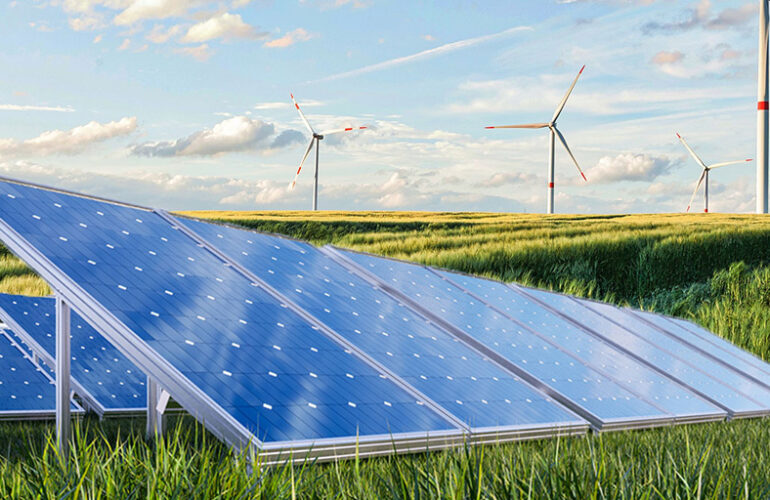We offer a full range of professional services related to carbon footprint management, which will help your company achieve sustainable development and meet increasing environmental requirements. Our approach is holistic and tailored to the individual needs of each client, based on solid data and collaboration with renowned experts.
Our services:
- Comprehensive Carbon Footprint Analysis: We conduct detailed audits and analyses that cover not only direct emissions but also the entire value chain.
- Individual Emission Reduction Strategies: We develop personalized emission reduction plans that are realistic and based on the latest technologies.
- Certification and Reporting: We assist in preparing reports and obtaining certifications that enhance your company’s credibility in the eyes of customers and partners.
- Support in Communication: We advise on how to effectively communicate sustainable development activities, strengthening the positive image of the brand.
We invite you to explore the full range of our services and contact us to find out how we can support your business in reducing your carbon footprint and building a sustainable future.
CARBON TAX - CARBON FOOTPRINT
The carbon tax is a fiscal tool introduced by governments to tax the carbon content in fossil fuels. Its primary task is to limit greenhouse gas emissions, thereby contributing to the fight against climate change. By financially penalizing CO2 emissions, this tax encourages both businesses and consumers to reduce their carbon footprint. This encourages reducing energy consumption, investing in technologies that increase energy efficiency, and transitioning to more ecological energy sources.
The basis for the carbon tax is the economic principle of negative externalities. Carbon emissions contribute to climate change, which has a wide range of negative effects on the environment and society, such as extreme weather events, loss of biodiversity, and threats to food and water security. However, the costs of these impacts are not reflected in the market prices of carbon-based fuels. The carbon tax aims to correct this market failure by incorporating the social cost of carbon emissions into the price of fossil fuels, making cleaner options more competitive and attractive.
The carbon tax has been introduced in various countries and regions of the world, taking diverse forms and rates, which can significantly differ from each other. The effectiveness of the carbon tax in reducing greenhouse gas emissions depends on many factors, including the level of the imposed rate, the scope of taxation, and how the generated revenues are used. Some governments choose to use the proceeds from the carbon tax to reduce other tax burdens, such as income tax or VAT, which is a strategy known as the revenue neutrality of the carbon tax. Others invest the funds in projects promoting renewable energy sources, the development of public transport, or other initiatives aimed at further reducing carbon dioxide emissions.
The carbon tax plays a fundamental role in the energy transition, encouraging the shift from using carbon-based energy sources to more sustainable and ecological technologies.
Here are a few key aspects of this process:
- Stimulating Innovation and Investment: By making fossil fuels more expensive, the carbon tax encourages businesses to invest in research and development of new, cleaner energy technologies, such as solar, wind, or geothermal energy.
- Increasing the Competitiveness of Renewable Energy: As the costs of producing energy from fossil fuels rise due to carbon emission taxation, renewable energy becomes more competitively priced. This can accelerate the development and adoption of renewable energy sources.
- Changing Consumer Behaviors: The carbon tax can also influence consumer decisions, encouraging more efficient energy use and reduced energy demand. For example, higher fuel prices may prompt households and businesses to invest in energy-efficient appliances and solutions.
- Using Tax Revenue: Governments can use revenues from the carbon tax to fund renewable energy-related projects, energy efficiency, or other actions aimed at emission reduction. This may include subsidies for green technologies, development of infrastructure for electric vehicles, and support for communities most affected by climate change.
- Improving Energy Security: Accelerating the energy transition can also contribute to increased energy security by reducing dependence on imported fossil fuels and promoting diversification of energy sources.
The energy transition requires significant changes in how energy is produced, transmitted, and consumed. The carbon tax is one of the policy tools that can accelerate this process by creating economic incentives to reduce carbon emissions and invest in clean technologies.

































